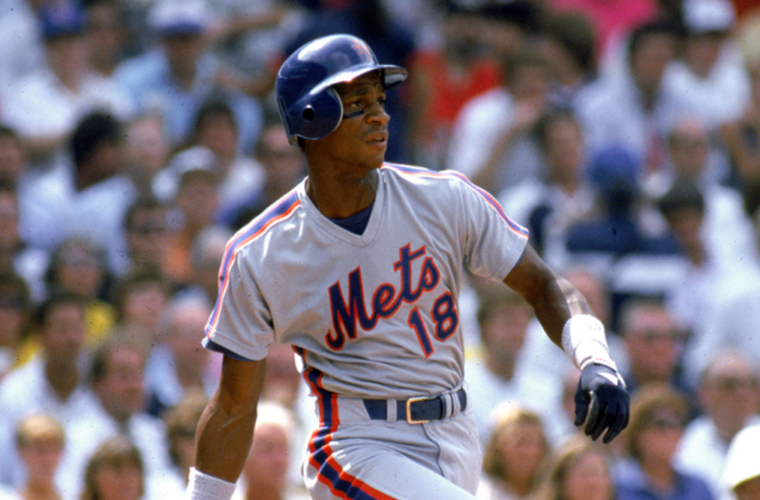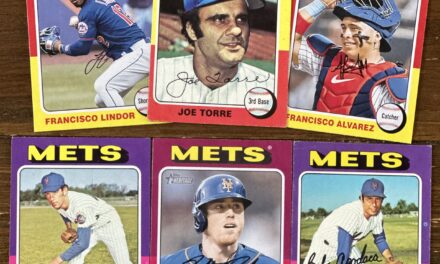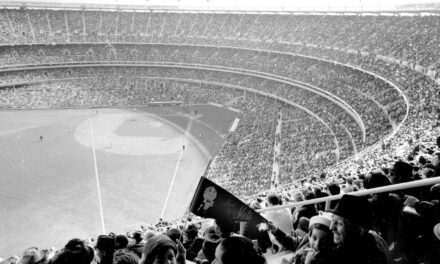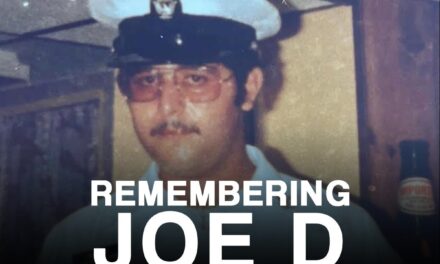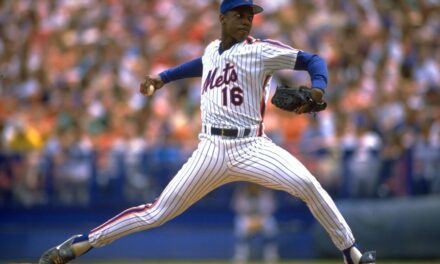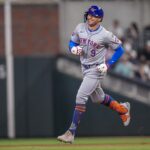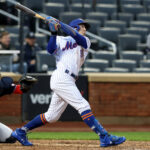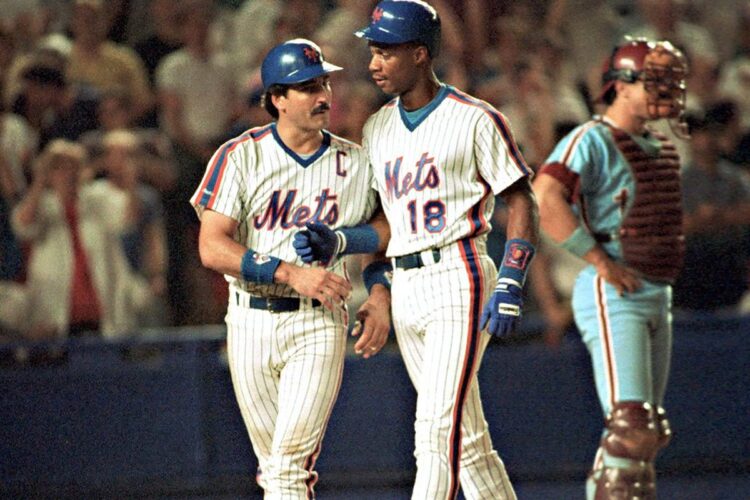
The fate of hitters and pitchers at Wrigley Field is often affected by which way the wind blows.
Darryl Strawberry didn’t have any help or hindrance from the air stream on this day against the Cubs. His power would’ve played anywhere.
The Mets’ 7–2 won over Chicago, which put New York into first place. Darryl was the deciding element—a gust of air behind his team’s back if you will—in carrying his team to the top of the standings.
Two home runs—one of the three-run variety in the first inning that was rocked to right field and a solo shot in the third (both with two outs)—were the downfall for Cubs starter Derek Botelho.
After being intentionally walked in the fifth (a strategy the Cubs probably should have implemented more often), Ron Meredith had his opportunity to crack the Strawberry code. Entering the game in the seventh inning, he’d be consigned to the same fate. Meredith’s first pitch to Darryl was sent over the center field wall—in a similar spot to his third-inning blast.
It was the first three-homer game in Strawberry’s promising career and the fourth Met ever to do it. The others were Jim Hickman in 1965, Dave Kingman in 1976, and Claudell Washington in 1980. It was also, to that point, the only time a National Leaguer collected three home runs in ’85. Then, less than a month later, teammate Gary Carter equaled the feat.
A ninth-inning single was the result of Strawberry’s only opportunity to attain home run No. 4. Inconsequential in relation to what he did before, but it guaranteed a perfect 4-for-4 showing at the plate to go along with five RBIs and four runs scored. The victory was New York’s third straight and ninth in 11 games. Rumors of a players’ strike were prevalent that day and eventually came to fruition. Luckily, it would be a brief stoppage and allowed Strawberry to continue a torrid late-season pace.
Torn ligaments in his thumb, the consequence of diving for a sinking flyball, kept Strawberry on the mend for all but 10 games in May and June of ’85. Darryl’s on-field reputation earned him a second All-Star Game selection in as many years. It certainly wasn’t his .225 batting average that did it. His blistering second half—which featured a 1.035 OPS, 23 homers, and 60 RBIs—proved it was a wise choice.


